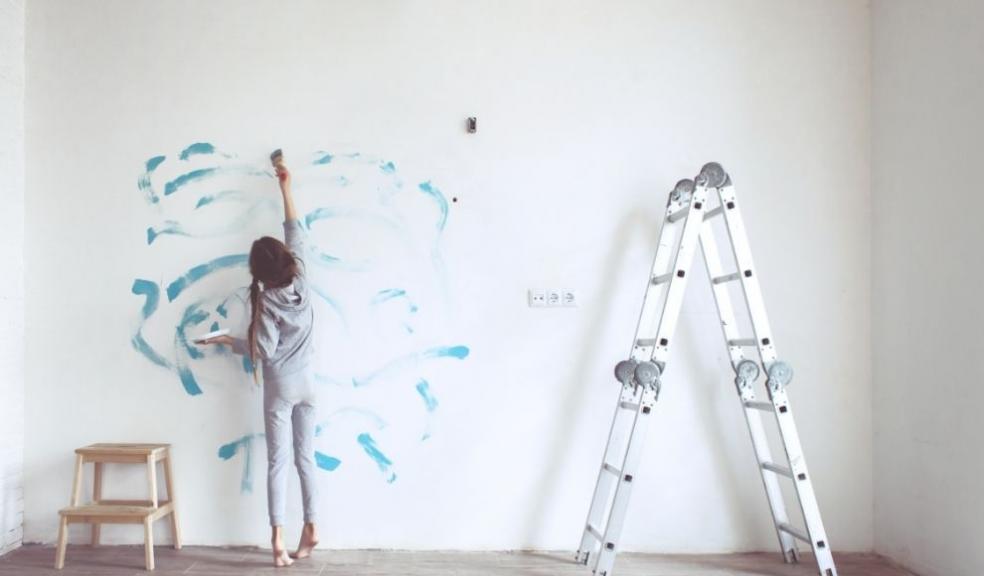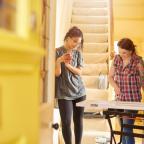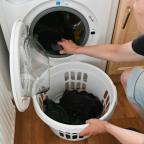
UK Families Can Lose Up to £400 Million In Rental Deposits Because Of Household Damages Caused By Kids
Recent research has shown that curious kids can cause up to £400 of damage around the house before the age of three. With one million private renters who have children in the UK, this can amount to £400 million in deposit deductions.
Digging into recent data, London based Estate Agents Douglas & Gordon have researched and compared the most common and costliest household damages caused by toddlers. Hopefully, by being aware of some of the most common damages, parents can more prevent or avoid them and save some money in the process.
The most common household damage is from ruined wallpaper or paintwork, with nearly half of parents have experienced this. In most cases, this destruction can be easily rectified with a lick of paint, but extensive damage to walls and wallpaper over the years, this could accost to £500 if contractors are needed.
The second most damaged item in a household is furniture, whether the fixture needs repairing or a complete replacement; this can amount to £389.
Thankfully window repairs are the least common, but they're also the most expensive, with a single-window replacement costing £1,500. Only 4% of parents have reported broken windows by the hands of little ones.
One of the cheapest repairs, but potentially the most dangerous, is electrical cables, fixing this problem only costs around £8.50.
|
Damaged Items |
Cost to repair/replace |
|
Electrical Cables |
£8.50 |
|
Picture Frames / Mirrors |
£279 |
|
Tablet / Mobile |
£326 |
|
Furniture |
£389 |
|
Paintwork / Wallpaper |
£500 |
|
TV |
£500 |
|
Bookcase / Shelving Unit |
£837 |
|
Appliances |
£1,150 |
|
Windows |
£1,500 |
When living in a rental property its vital to maintain the property to the best standard possible. Any damage from tenants, particularly by kids and pets, are a sure way to lose a deposit.
Although simple, some childproofing measures can really benefit renters in the long run; here are some simple tips to keep in mind:
·Buy washable crayons that can easily wipe off walls or furniture
·Discourage riding bikes, skating or throwing a ball indoors
·Secure furniture and TVs to walls with safety straps to stop them from toppling over
·Move items that they can pull off surfaces
·Discourage inside climbing by making things more accessible on lower shelves.
·Keep breakables out of reach.
·Avoid having drinks near electrical items.
·Neaten up and hide cords so they can't be pulled or tripped over









